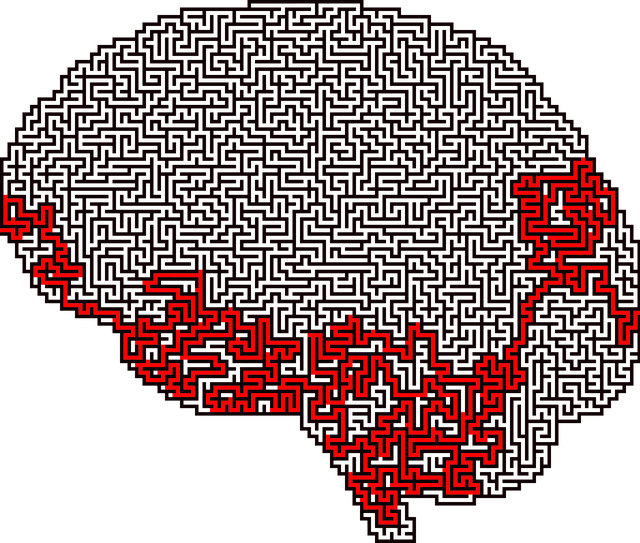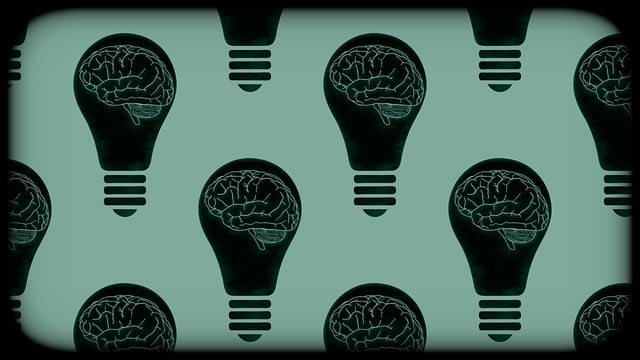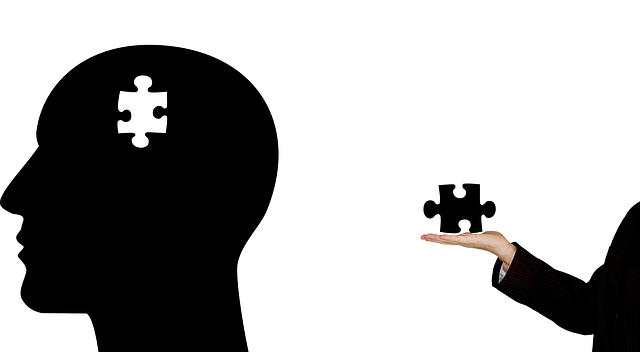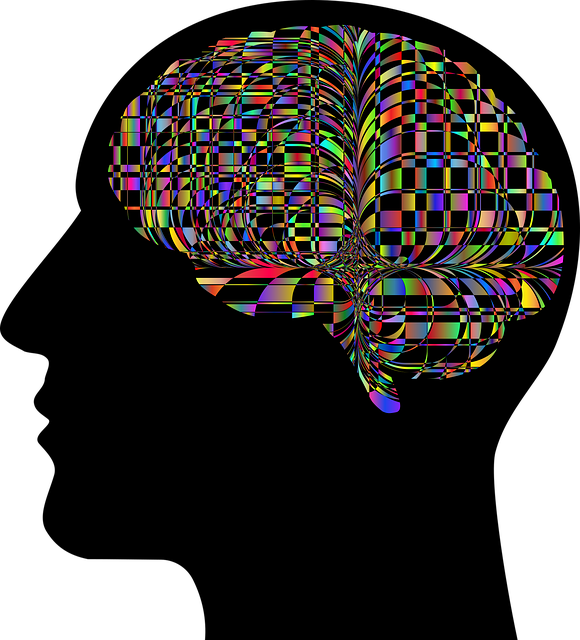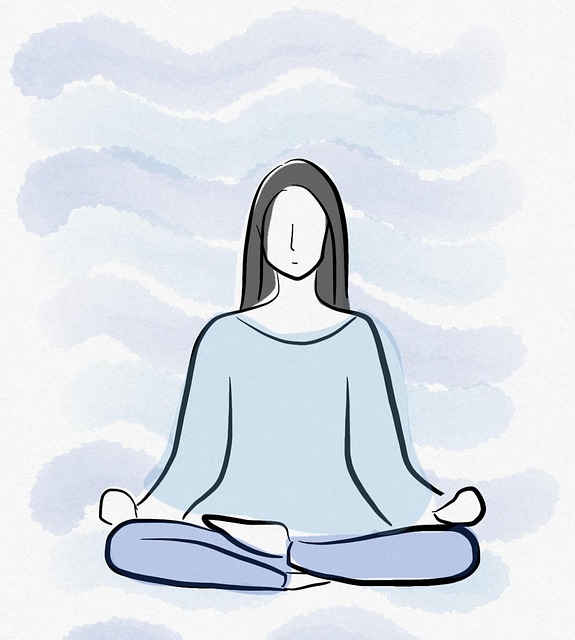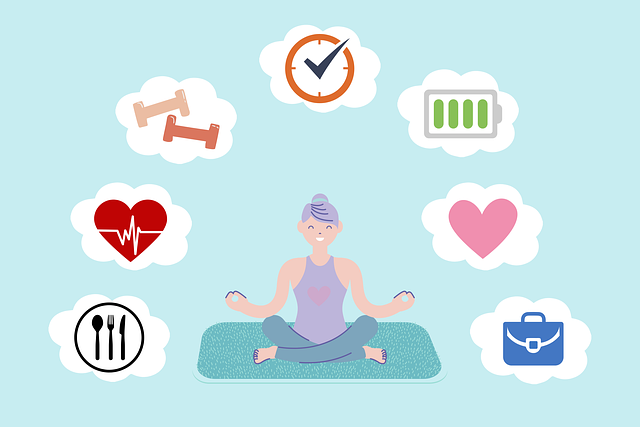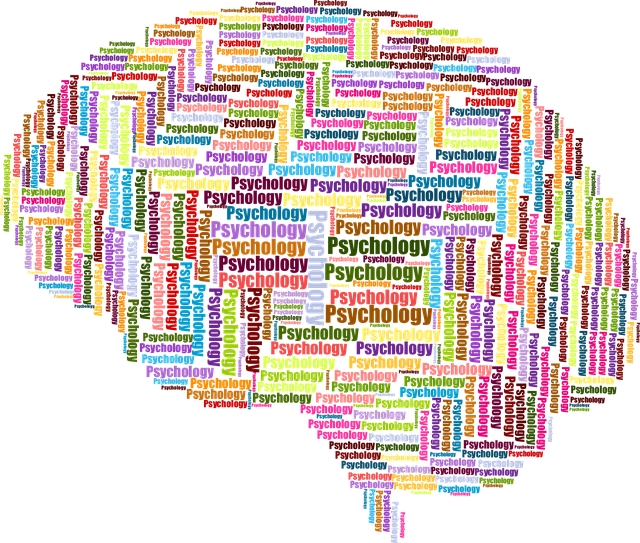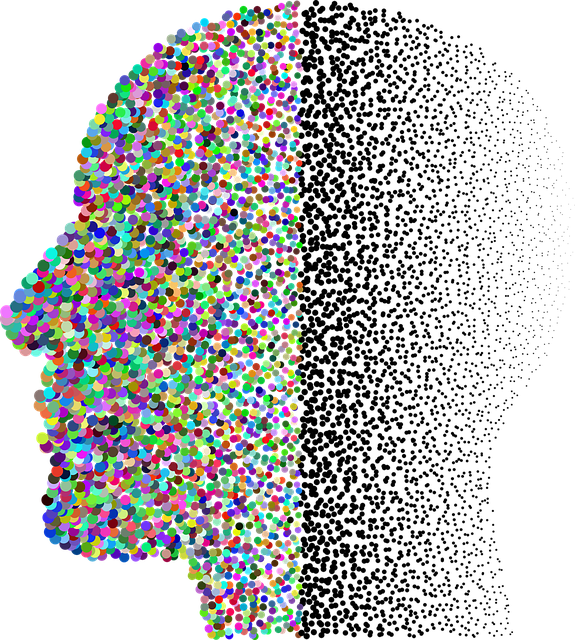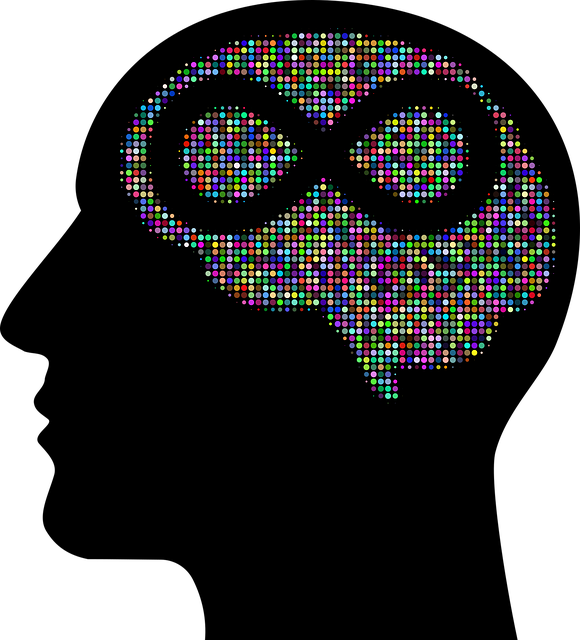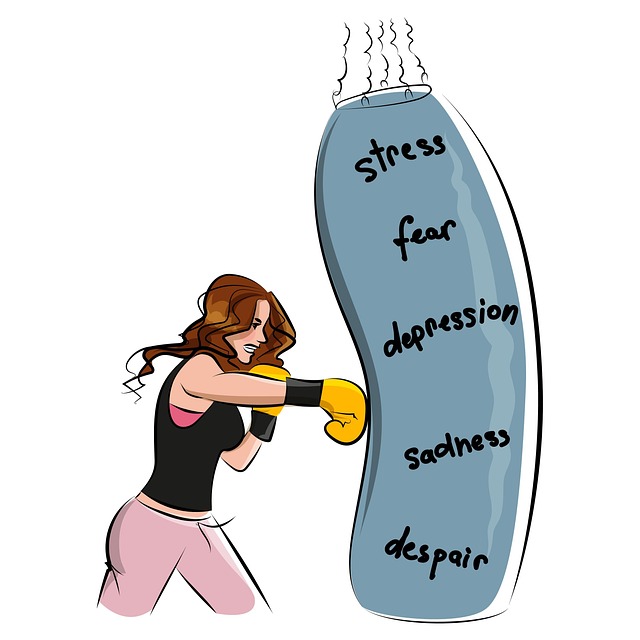Positive thinking is a powerful tool for individuals with ADHD/ADD in Littleton, as advocated by local therapy methods. By reframing negative thoughts and cultivating optimism, patients can enhance emotional well-being, build resilience, and improve social skills. Tailored exercises like gratitude practices, affirmations, and visualization techniques reprogram negative thought patterns over time, leading to increased self-confidence, life satisfaction, and a more positive outlook. This holistic approach complements traditional therapy, empowering individuals to manage their thoughts and emotions effectively through a Mental Health Policy Analysis and Advocacy mindset.
Positive thinking exercises are transformative tools for individuals navigating Attention Deficit Hyperactivity Disorder (ADHD) or Attention Deficit Disorder (ADD). This article explores the profound benefits of cultivating a positive mindset, particularly in the context of Littleton ADD-ADHD Therapy. We’ll guide you through effective strategies and provide a step-by-step approach to seamlessly integrate positive thinking into daily routines, empowering individuals with ADHD/ADD to thrive. Discover how these practices can enhance focus, boost self-esteem, and foster overall well-being.
- Understanding Positive Thinking and its Benefits for ADD-ADHD
- Strategies for Incorporating Positive Thinking Exercises
- Implementing Positive Thinking in Daily Life: A Step-by-Step Guide for Littleton ADD-ADHD Therapy
Understanding Positive Thinking and its Benefits for ADD-ADHD

Positive thinking is a powerful tool that can significantly impact individuals with Attention Deficit Hyperactivity Disorder (ADHD) or Attention Deficit Disorder (ADD). It involves cultivating optimistic attitudes and reframing negative thoughts into more positive and constructive ones. This simple yet profound practice has numerous benefits for those in Littleton ADD-ADHD Therapy, as it can help to enhance emotional well-being promotion techniques, resilience building, and even social skills training.
By focusing on positivity, individuals with ADHD/ADD can learn to manage their symptoms more effectively. It empowers them to challenge negative thought patterns, increase self-confidence, and improve overall life satisfaction. Positive thinking exercises can be tailored to suit various cognitive and behavioral therapy approaches, offering a personalized strategy for each person’s unique needs. This holistic approach not only addresses the symptoms but also fosters personal growth and a deeper sense of control over one’s life.
Strategies for Incorporating Positive Thinking Exercises

Incorporating positive thinking exercises into your daily routine is a powerful tool for enhancing mental well-being and overall quality of life. At Littleton ADD-ADHD Therapy, we emphasize strategies that nurture inner strength development and emotional healing processes. One effective approach is to start with small, manageable practices. This could involve setting aside just 10 minutes each morning or evening to reflect on the day’s positives or express gratitude for the good in your life. Such short, consistent moments of mindfulness can significantly impact your outlook over time.
Additionally, integrating positive affirmations and visualization techniques is beneficial. These tools help reprogram negative thought patterns by reinforcing a more optimistic mindset. For instance, instead of focusing on what went wrong, one can practice visualizing successful outcomes or repeating encouraging statements about personal capabilities. This promotes emotional intelligence and equips individuals with the skills to navigate challenges with resilience, fostering a more positive and productive life perspective.
Implementing Positive Thinking in Daily Life: A Step-by-Step Guide for Littleton ADD-ADHD Therapy

Implementing Positive Thinking in Daily Life: A Step-by-Step Guide for Littleton ADD-ADHD Therapy
For individuals dealing with Attention Deficit Hyperactivity Disorder (ADHD) in Littleton, incorporating positive thinking exercises into daily routines can significantly enhance emotional well-being promotion techniques. This holistic approach complements traditional therapy methods by empowering patients to manage their thoughts and emotions more effectively. Here’s a simple step-by-step guide tailored for Littleton ADD-ADHD Therapy:
1. Identify Negative Thought Patterns: Start by becoming aware of recurring negative thoughts or self-talk. Keep a journal to track these patterns throughout the day. Recognizing when and why these thoughts arise is crucial for addressing them.
2. Challenge Negative Thoughts: Once identified, question the validity of these negative thoughts. Ask yourself if there’s evidence supporting them and consider alternative, more positive perspectives. This step fosters a Mental Health Policy Analysis and Advocacy mindset that challenges unhelpful thought processes.
3. Practice Gratitude: Incorporate gratitude exercises into your daily routine by reflecting on or writing down things you appreciate each day. This simple act can shift focus from what’s wrong to what’s right, fostering a more positive outlook.
4. Surround Yourself with Positivity: Engage in community outreach program implementation by connecting with supportive networks—friends, family, or support groups. Positive interactions and encouragement reinforce the benefits of positive thinking.
5. Use Affirmations: Create or adopt positive affirmations that resonate with you. Repeat these affirmations daily to reprogram your mindset, fostering a sense of self-worth and optimism that can help overcome challenges.
Positive thinking exercises, when implemented consistently, can be a game-changer for individuals with ADD-ADHD in Littleton. By integrating these strategies into daily routines, as outlined in this guide, one can enhance focus, reduce stress, and improve overall well-being. With practice, positive thinking becomes a powerful tool to navigate life’s challenges, fostering a more balanced and fulfilling lifestyle for those supported by Littleton ADD-ADHD Therapy.
